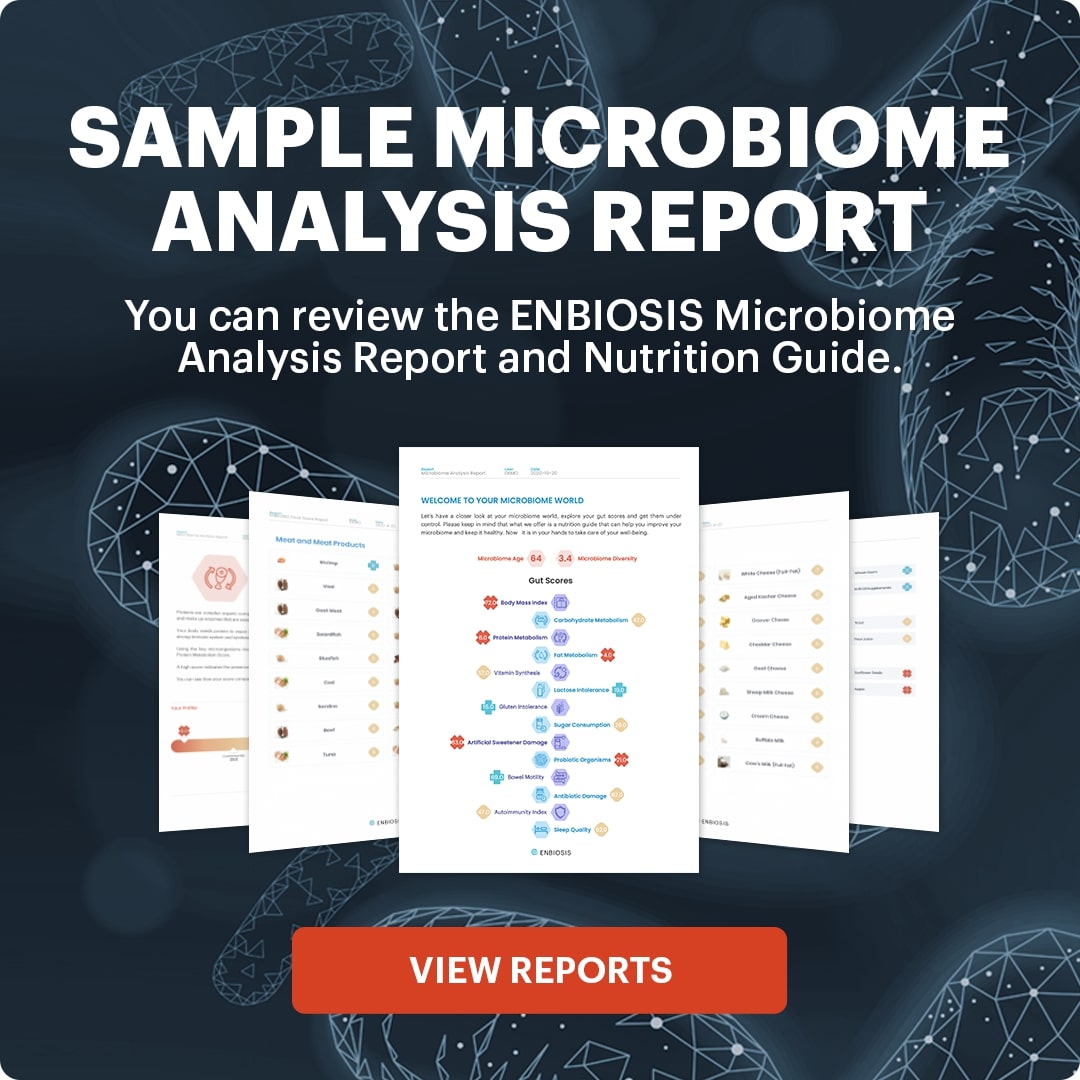What if the secret to more effective cancer treatment was hidden within your own body? Researchers are uncovering a surprising link between your gut microbiome and how well your body responds to immunotherapy, which is commonly used in the treatment of cancer. Could a simple gut microbiome test offer clues to a more personalized and potentially more successful cancer treatment plan? Join us as we discover the fascinating connection between your gut microbiome and your body’s response to cancer immunotherapy treatment.
Table of Contents
The Gut Microbiome and Cancer

Recent research has uncovered a fascinating link between the vast community of microbes residing in our gut and the development and progression of cancer.
When harmful gut microbes outnumber beneficial ones, this can trigger chronic inflammation, weaken the immune system, and potentially create an environment where cancer cells can thrive. Dysbiosis of the gut microbiome has been associated with an increased risk of various cancers, including colorectal, lung, breast, prostate, and stomach cancers. In fact, dysregulation in the gut is believed to contribute to the development of approximately 20% of all cancers.
Certain gut bacteria and their byproducts, known as metabolites, alter cellular processes and signaling pathways, promoting inflammation and tumor growth. They may also directly induce DNA damage and alter immune responses, contributing to cancer development. Other types of gut bacteria may actually play a protective role. For example, by competing with pathogenic bacteria for nutrients and activating immune cells. This helps to enhance the ability of our immune system to identify and eliminate cancer cells.
Our gut bacteria can also influence how our bodies respond to cancer treatments, including chemotherapy and immunotherapy. This evidence highlights the importance of understanding and nurturing a healthy and balanced gut microbiome to help prevent cancer and optimize the efficacy of cancer therapies.
What is Immunotherapy?
Immunotherapy is a form of cancer treatment that uses the body’s own immune system to locate and target cancer cells. Unlike traditional cancer treatments, such as radiotherapy and chemotherapy, which target healthy cells as well as cancer cells, immunotherapy is designed to target cancer cells selectively. Various types of immunotherapy are available, including monoclonal antibodies, checkpoint inhibitors, and cancer vaccines.
How Can Your Gut Microbiome Affect Your Response to Cancer Immunotherapy?

Not everybody responds favorably to immunotherapy, with only 20-40% of patients responding positively to treatment. Researchers have been looking closely at why this could be, and one particular factor that they are interested in is the influence of the gut microbiome.
Several studies have described a link between the composition of the gut microbiome and the effectiveness of cancer immunotherapies. These findings suggest that the presence or absence of specific gut bacteria can significantly affect a patient’s response to treatment.
For instance, one study showed that patients who responded well to PD-1 immunotherapy had a high abundance of Clostridiales and Ruminococcaceae bacteria. At the same time, the guts of non-responders were enriched with Bacteroidales. Additionally, a further study found that the presence of certain gut bacteria, such as Bifidobacterium longum, Collinsella aerofaciens, and Enterococcus faecium, was linked to improved responses to immunotherapy in some cancer patients. These bacteria may enhance the immune system’s ability to recognize and attack cancer cells. Evidence also suggests that patients with a more diverse gut microbiome may respond more favorably to treatment.
Interestingly, recently published research offers hope of improving responses to immunotherapy. Researchers have shown that a particular strain of gut bacteria—Ruminococcus gnavus—can enhance the efficacy of cancer immunotherapy in fighting sarcoma tumors in mice.
Finally, the presence of particular strains of gut bacteria may also help to protect an individual against toxicity associated with immunotherapy treatments, which can be fairly common. Meanwhile, other strains of gut bacteria may actually increase a patient’s risk of immune-related adverse events.
Improving Your Gut Health for Better Cancer Immunotherapy Outcomes
Now, let’s consider some evidence-based strategies for improving gut health and potentially improving response to immunotherapy treatments:
- Enhance your gut microbiome diversity by consuming the right food sources to meet the unique needs of your body. A personalized gut microbiome report will highlight food sources that will replenish healthy gut bacteria and limit potentially pathogenic microbes
- Increase your consumption of fiber-rich foods which help to nourish beneficial gut microbes
- Limit your consumption of processed foods, red meat, and sugar, which can have a negative effect on your gut health
- Probiotic supplements can positively enhance your gut microbiome. Analyzing your gut microbiome can help to identify the best combination of probiotics and prebiotics to support a healthy gut
- Limit chronic stress, which can disrupt the balance of our gut microbiome. You could try stress-busting techniques, including meditation, yoga, and taking regular exercise
In summary, a personalized approach to nutrition, coupled with healthy food choices, can have a positive impact on the health of our gut, helping to maximize our body’s response to immunotherapy treatments.
How Can Gut Microbiome Testing Help?

Gut microbiome testing can provide valuable and actionable insights into the makeup of our individual gut microbiome. This information can help us to identify potential imbalances or deficiencies that may affect our response to immunotherapy treatments. By understanding our gut microbiome composition, we can make specific changes to optimize our gut bacteria and improve treatment outcomes.
At Enbiosis, we offer our clients AI-powered gut microbiome analysis alongside data-driven personalized nutrition and prebiotic/probiotic suggestions. Our comprehensive and user-friendly gut health reports can help you to optimize your gut microbiome and, as a result, your response to immunotherapy.


